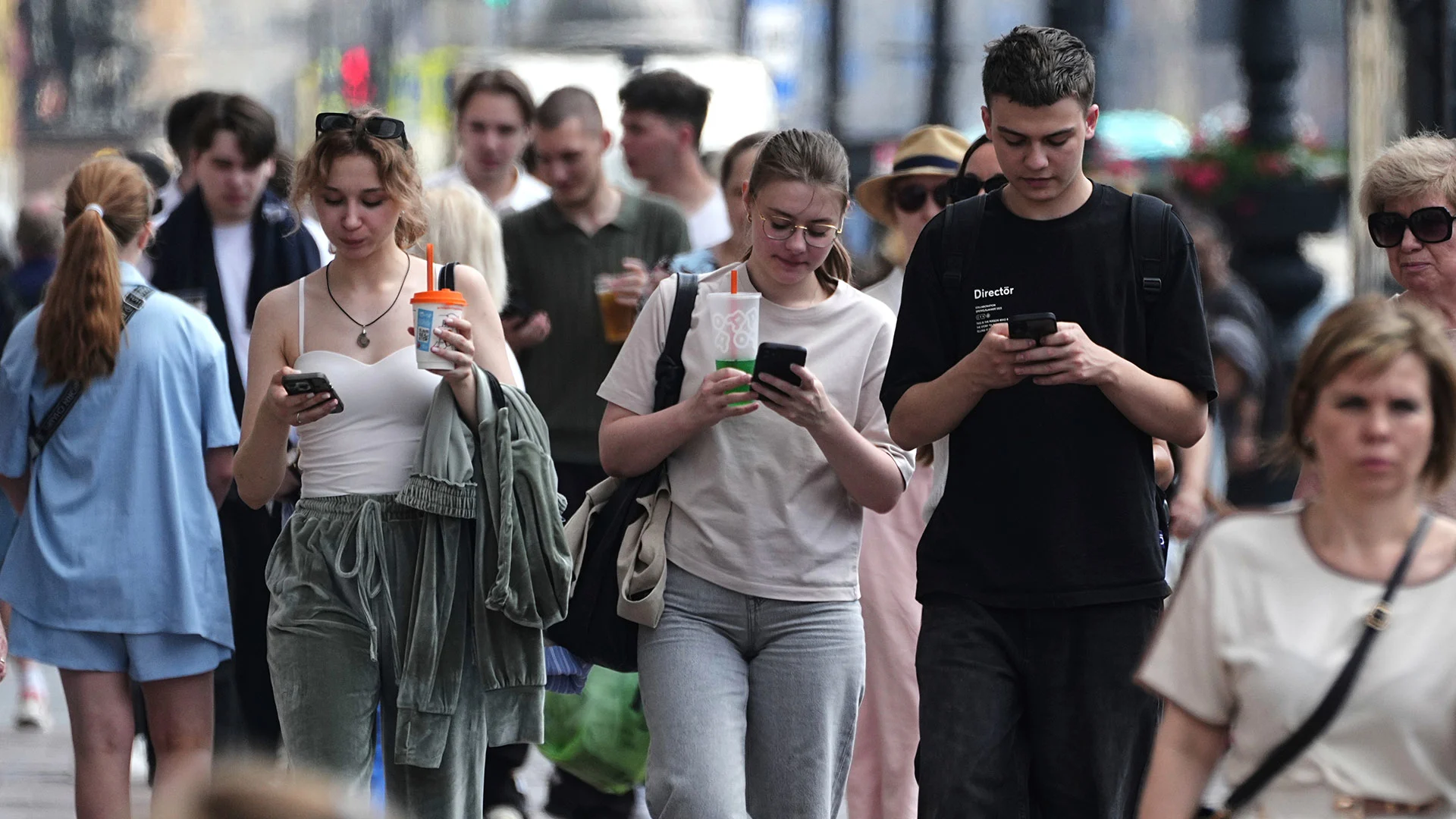
"Going online in Russia can be frustrating, complicated and even dangerous. It's not a network glitch but a deliberate, multipronged and long-term effort by authorities to bring the internet under the Kremlin's full control."
"Authorities adopted restrictive laws and banned websites and platforms that won't comply. Technology has been perfected to monitor and manipulate online traffic."
"President Vladimir Putin urged the government to "stifle" foreign internet services and ordered officials to assemble a list of platforms from "unfriendly" states that should be restricted."
"Human Rights Watch researcher Anastasiia Kruope describes Moscow's approach to reining in the internet as "death by a thousand cuts." "Bit by bit, you're trying to come to a point where everything is controlled.""
Internet access in Russia is heavily restricted, with authorities implementing laws to control content and punish users seeking illicit material. Virtual private networks are blocked, and officials are targeting popular platforms like WhatsApp while promoting a domestic messaging app expected to be closely monitored. The push to control online activities has intensified since the 2011-12 protests, where the internet became a tool for dissent. Experts warn that the effectiveness of current restrictions is alarming, as they isolate the internet further and enhance governmental oversight of digital interactions.
Read at Fast Company
Unable to calculate read time
Collection
[
|
...
]